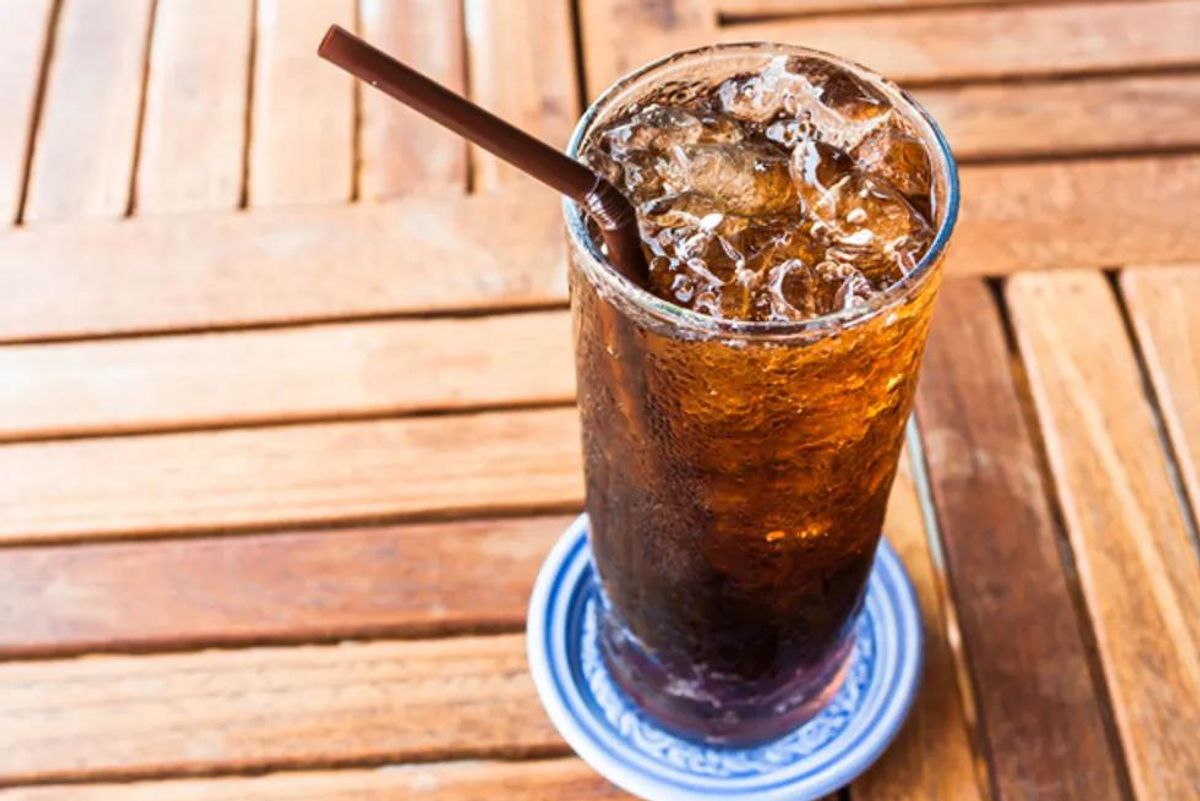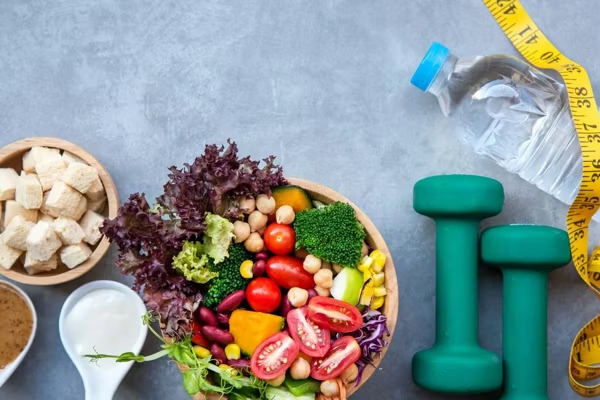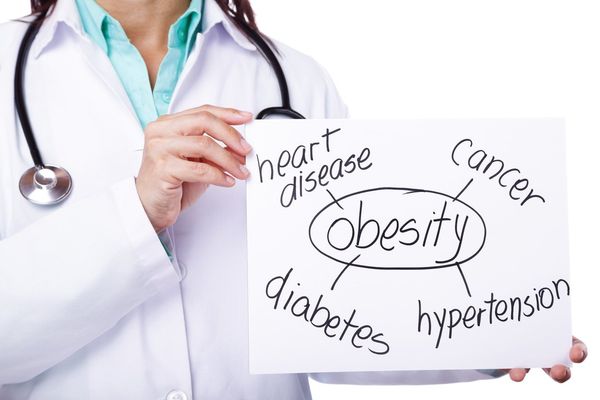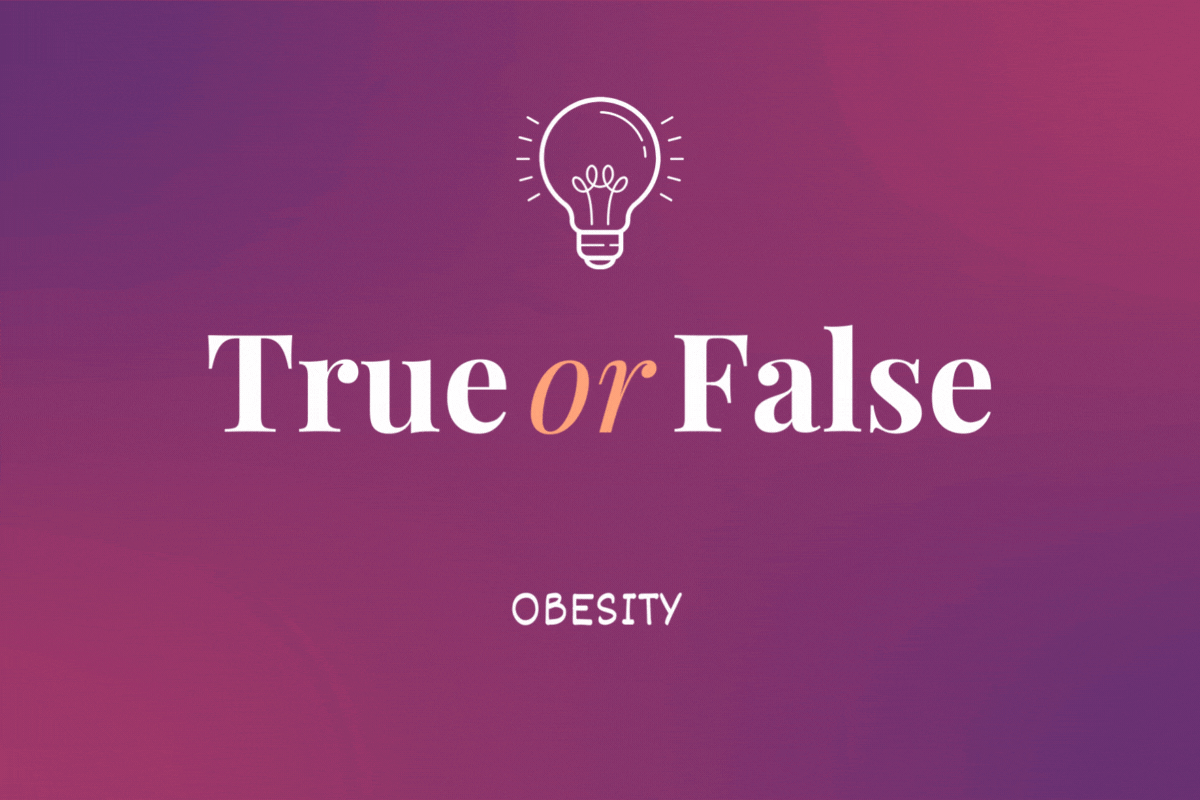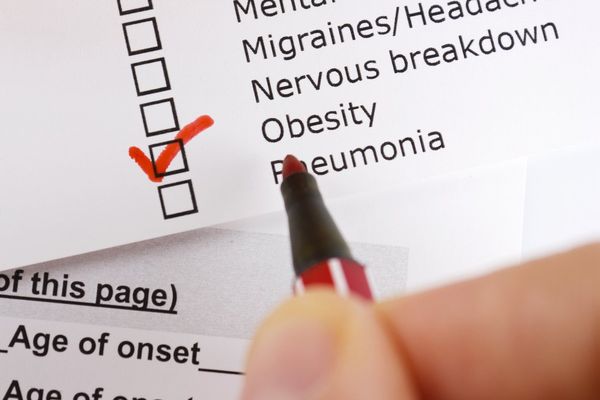Information on diet soda and weight loss fluctuates as often as the scale: Drinking it can help you lose more weight than drinking plain water, says one study. And then other studies say just the opposite: Drink diet soda and you up your chance of becoming overweight or obese.
The latest news to tip the scales has to do with belly fat. That's right, that thing we all love to hate that has a habit of showing up, especially around middle age. Increased belly fat is linked with dangerous health problems, which include colorectal cancer, type-2 diabetes and cardiovascular disease.
A new study in the American Journal of Geriatrics Society shows a link between daily soda consumption and increased belly fat. Diet soda drinkers, studied for nearly a decade, added an average of 3.16 inches to their waists, while those who drank standard versions of their favorite soda had an average of a 0.8-inch increase.
It seems counterintuitive: Why would people who drank regular soda, with an average of 10 teaspoons of sugar per can, have lower waist circumferences? Not sure, but one reason may be that diet soda drinkers overestimate the calories they're saving by drinking diet beverages and make it up with extra calories. (But it's important to keep this in mind: substituting water for one 20-ounce sugar-sweetened soda will save you about 240 calories!)
Granted, this latest study on belly fat looked at people 65 and older, but it still bears attention. We're all aging, and the time to be healthy is now.
What's important to remember is that this is far from the only study that suggests we should put the brakes on drinking diet soda (or anything else that contains artificial sweeteners). Other studies have linked the consumption of diet soda with poorer health outcomes. One suggested that diet soda could change the microbes in our gut and increase the risk of diabetes and metabolic syndrome, which can increase your risk of heart disease, stroke and diabetes.
Still other studies found an association between artificial sweeteners and increased appetite and weight gain. Rather than help satisfy your sweet tooth, artificial sweeteners instead trigger more sweet cravings.
There's more: Studies suggest health problems, like lymphoma and leukemia, arising from some artificial sweeteners such as aspartame. (Granted, those studies involved young rodents, but nonetheless they are troubling.)
While all these studies can be confusing, one thing is for sure: the evidence continues to mount. Perhaps the next time you reach for that can of diet soda to quell your sweet tooth or fill you up, you'll reconsider.
Instead, reach for a healthy beverage, like water. It helps keep your body temperature normal, lubricates and cushions your joints and rids your body of waste through urination, perspiration and bowel movements.
The U.S. Centers for Disease Control and Prevention offers some tips to help you drink enough water:
- Carry a water bottle when you're at work or running errands.
- For ice-cold water throughout the day, freeze some freezer-safe water bottles ahead of time.
- For added flavor, drink your water with a wedge of lemon or lime.
- Remember that certain foods—like celery, tomatoes and melons—have a high water content and can contribute to your total fluid intake.

